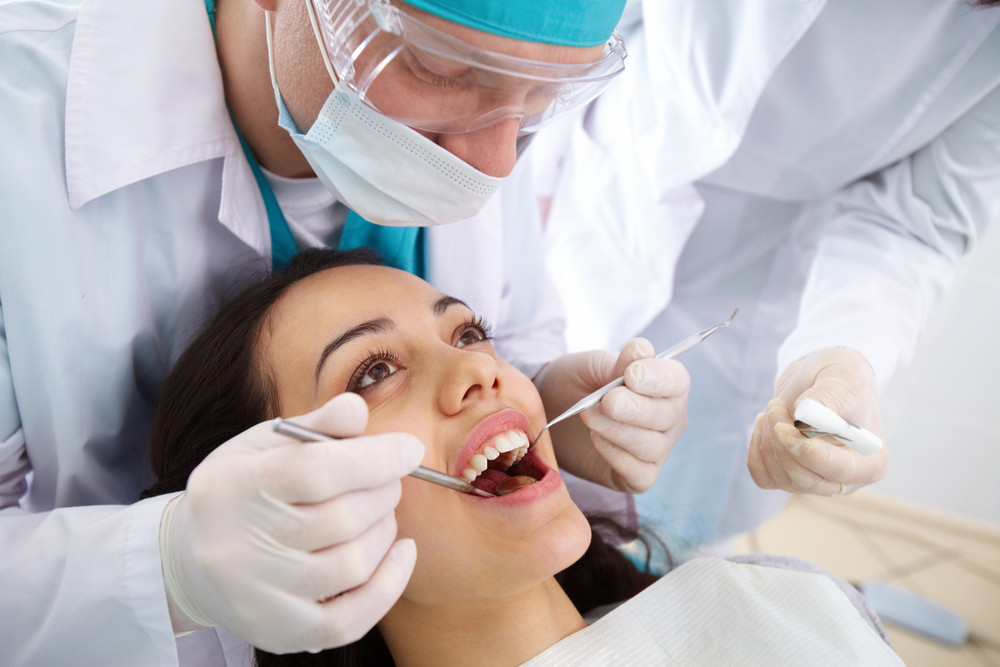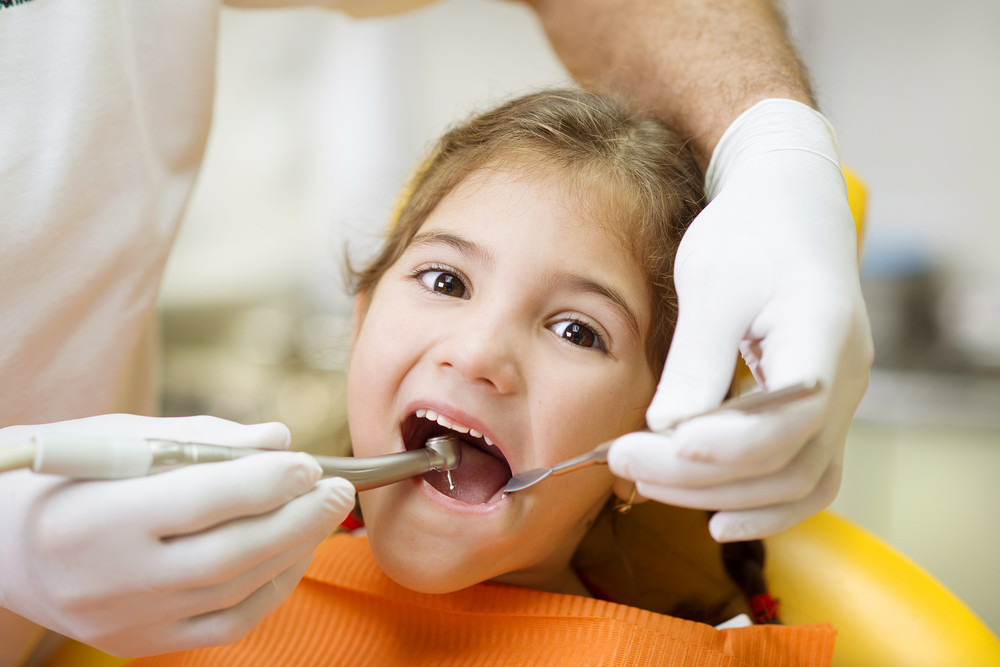Highlights
- How to recognize dental emergencies
- Choosing the right dental services
- What to expect from an emergency dentist visit
- Tips for finding an emergency dentist near you
- Understanding cost, insurance, and payment options

1. What Constitutes a True Dental Emergency?
Dental emergencies are not just inconvenient—they can signal serious underlying issues. Common signs include severe tooth pain that doesn’t subside with over-the-counter pain relievers, a knocked-out tooth, significant bleeding, swelling of the gums or face, or an object lodged between teeth causing trauma. According to MedlinePlus, dental emergencies such as broken or knocked-out teeth and facial swelling require prompt care to prevent permanent damage. Ignoring these symptoms can lead to infection, bone loss, or permanent damage. It’s crucial to differentiate routine discomfort from serious conditions to decide when immediate dental care is essential. Regular checkups and education on proper oral habits can serve as the first defense against more severe complications.
2. What Dental Services Are Typically Offered for Emergencies?
Emergency dentists provide a range of urgent procedures to address acute issues swiftly. These include emergency root canals to relieve severe pain, temporary crowns for fractured teeth, tooth extractions, treating infected gums or abscesses, and immediate restorations for knocked-out teeth (to be re-implanted within an hour if possible). Most emergency dental practices also offer X-rays and on-site diagnostics to determine the cause of pain or injury. A key benefit is prompt attention—many clinics now offer same-day or next-hour appointments, ensuring patients receive critical care quickly. According to the National Library of Medicine, dental trauma is a common cause of emergency care, which underscores the need for fast access to professional treatment. Additionally, these practices often keep extended hours and operate on weekends to accommodate patients who need help outside the traditional 9-to-5 schedule. This responsiveness can make a major difference in pain relief and long-term oral health outcomes.
3. What Should I Expect During an Emergency Dentist Visit?
When you arrive for an urgent dental appointment, expect a streamlined, efficient process. The receptionist usually gathers your symptoms, insurance info, and medical history. You’ll then be quickly seen by a dentist or triage nurse. Treatment often begins with pain relief—through local anesthesia or prescribing antibiotics—and an X-ray to identify the issue. The dentist will explain the diagnosis and present treatment options, such as repairing a chipped tooth or performing a root canal. In many cases, a follow-up appointment is scheduled to finish work started during the emergency visit. Clinics aim to restore comfort before addressing long-term care needs. Patients should also bring a list of current medications and any known allergies to assist with accurate treatment planning and to avoid potential complications during urgent procedures.
4. How Can I Find a Reliable Emergency Dentist Near Me?
Finding the right emergency dental provider involves research and planning. Start by reviewing online ratings on platforms like Google, Yelp, or Healthgrades. Confirm that the dentist accepts your insurance and offers evening or weekend hours. If you’re specifically searching for an emergency dentist near Blue Springs, MO, look for clinics with local credibility, consistently high reviews, and accreditations like ADA membership. Ask about emergency response time—some accept walk-ins, while others reserve slots for urgent cases. Visiting the office in advance can also help you assess cleanliness, staff helpfulness, and overall preparedness for emergencies. A great emergency dental provider will also explain your treatment options clearly and make you feel comfortable, even in stressful situations. Accessibility, reliability, and transparency are key traits that define a high-quality dental clinic.
5. How Much Will Emergency Dental Care Cost?

Emergency dentistry costs vary depending on treatment needed. A basic exam and X-ray may range between $100–$200. Simple procedures like a tooth extraction might cost $200–$400, while an emergency root canal could run $500–$1,000 or more. If a crown is required, expect an additional $800–$1,500. Many clinics offer transparent fee schedules and accept major insurances. If you’re uninsured, ask about payment plans or sliding-scale options. Some practices also charge a nominal “emergency visit” fee and apply it toward subsequent treatments—worth confirming during your call. Financial preparation can help prevent stress during dental emergencies, so consider looking into dental discount plans or emergency dental savings accounts. Asking your provider about pricing up front can also reduce surprises later.
6. What Should I Do While Waiting for an Emergency Appointment?
If you can’t get immediate dental care, follow these home first-aid steps: gently rinse your mouth with warm salt water to reduce swelling and disinfect wounds. Apply a cold compress to reduce pain and inflammation. Use dental wax to cover any sharp fragments of broken teeth. Over-the-counter pain relievers like ibuprofen can help manage discomfort. Avoid hard foods and chewing near the sore area until treated. Document your symptoms—how long the pain lasts, triggers, and tolerance to pressure—so you can give clear information to your dentist when you arrive. Keep any knocked-out tooth moist in milk or a tooth preservation kit, and try to avoid touching the root if you plan to reinsert it. These steps can help stabilize the situation and improve your chances of full recovery.
7. How Can I Prevent Dental Emergencies?
While accidents happen, many emergencies are avoidable with proactive care. Wear a mouthguard when playing contact sports. Avoid biting down on hard objects like ice, popcorn kernels, or hard candies. Keep up with bi-annual dental check-ups and cleanings to catch cracks, decay, and infection early. Maintain good oral hygiene at home with brushing twice daily and flossing once daily. If you have dental anxiety, talk to your dentist about sedation options—this can help you stay on track with routine care and minimize emergency visits. For children, establishing good oral habits early and monitoring their brushing can prevent common pediatric dental emergencies. In all age groups, consistency in dental routines and professional oversight is crucial for long-term oral wellness.
Dental emergencies strike unexpectedly, but being informed and proactive can make all the difference. Understanding what qualifies as a dental emergency, knowing the likely services and their costs, and having clear strategies for filling oral care gaps are key. When you search for a trusted emergency dentist near Blue Springs, MO, prioritize providers with excellent local reviews, after-hours availability, insurance support, and emergency-prepared staff. By arming yourself with the right knowledge and planning ahead, you’ll ensure faster relief, better outcomes, and fewer long-term issues. Preparedness and good oral habits go hand-in-hand when it comes to managing dental emergencies.
Reliable emergency dental care is a vital part of overall health and quality of life. With prompt attention and professional guidance, most dental crises can be resolved without long-term damage. If you experience sudden tooth pain, trauma, or oral swelling, don’t delay—seek help. A trusted emergency dentist not only treats immediate problems but also lays the groundwork for follow-up care and ongoing oral health. By choosing a responsive, reputable provider, you protect your smile and your health—for today and the future. In doing so, you also gain peace of mind knowing help is available when you need it most. Your oral health is a gateway to your overall well-being, and safeguarding it should always be a priority. With the right preparation and awareness, you can significantly reduce the risk of complications. Don’t underestimate the importance of access to a knowledgeable emergency dentist who can provide fast, effective care when every minute counts.